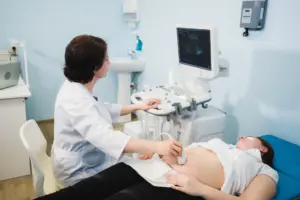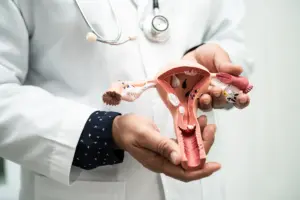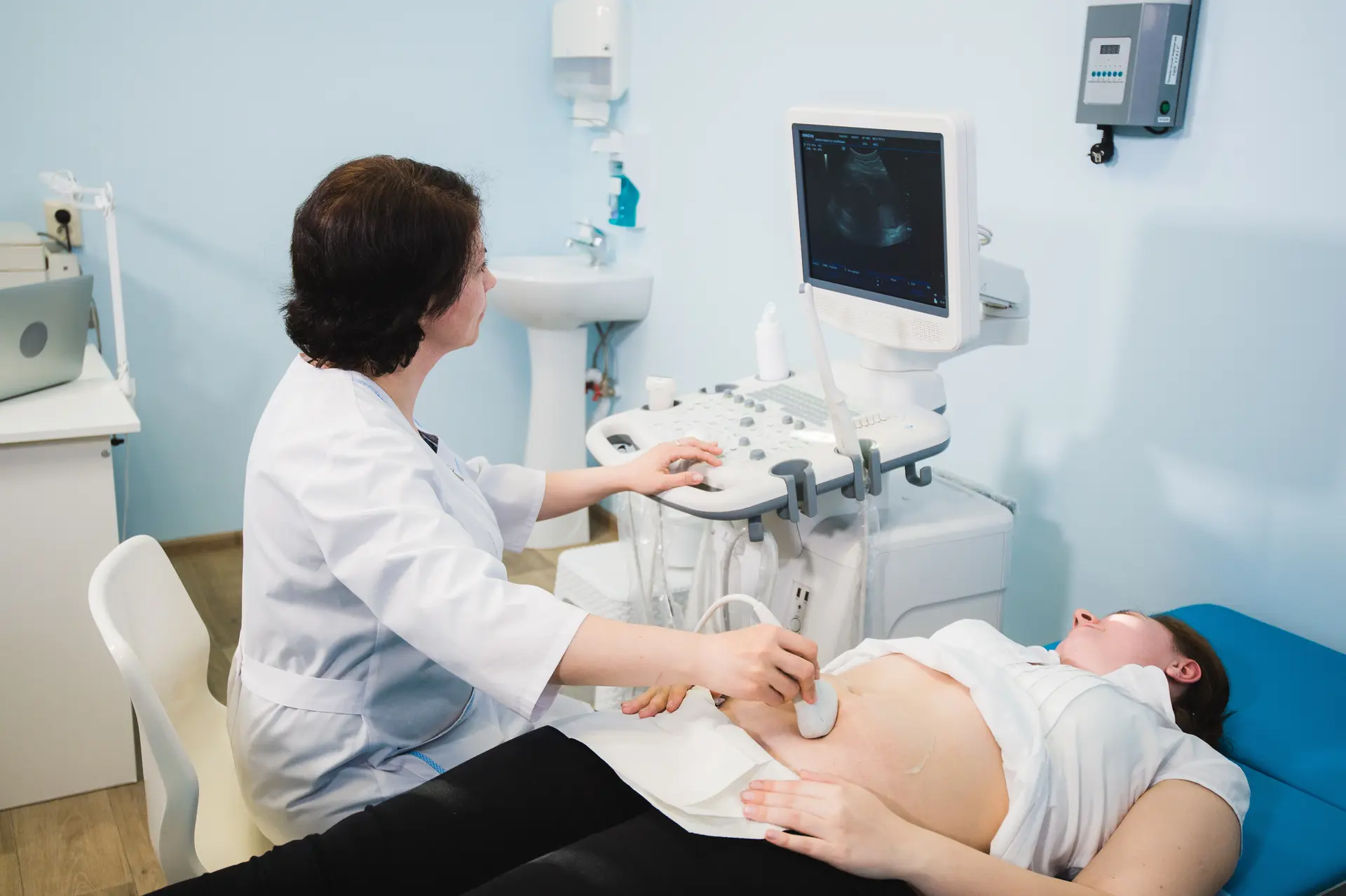How to Maintain a Healthy Spine
How important is the spine to your body’s overall health? What is its role in the body anyway? What causes the spine to deteriorate? How do back and neck pain relate to the health of the spine? What are the best foods to eat for a healthy spine? What are the best exercises to keep the spine in good condition? What can be done with and for spinal injuries?
These are some of the important questions that we will be dealing with in this article. As the spine is a critical element of your health, remember to always seek advice from your doctor before embarking on any programme.
Role of the spine
The spine not only assists with posture and is part of the framework around which much of the body is built, but its function as the bone and cartilage structure that carries your body’s neural network is indispensable. It is here that injuries to the spine are most often manifest, and which have some effect on the nervous system.
Injuries to the spine
Car accidents are a big cause of spinal injuries. Something as simple as whiplash, if left untreated, can lead to long-term back and spinal injuries. If you’ve been involved in an accident, be sure to see your doctor and have x-rays taken. Proper care of the neck and spine, including wearing a brace, is critical to your recovery and long-term spinal health.
Back and neck pain are often the first indications that your spine has been injured, and the two most common injuries are to the muscle (strain) or the ligaments (sprain). Some 70-80% of the world’s population may have a spine-related injury or problem during their lifetime. Usually, the injury leads to compression, damage to the cartilage between the vertebrae, or slipped discs, all of which can lead to numbness of hands and feet, feelings of tingling across the body, and pain.
Another consideration is osteoarthritis, which is the deterioration of the cartilage between the bones over a period of time. This degenerative disease is usually age-related, and can affect any joint where there is cartilage. However, the biggest problem areas are the back, neck, hips, knees and hands.
Best foods for the spine
As with most good things in life, lots of healthy vegetables are best for your spine. Also, ensure that you are getting enough calcium to strengthen your bones. In addition, vitamins C and D are essential to spinal health. Vitamin C has been shown to stimulate the making of cells that form bone, while green and yellow vegetables help with bone mineralisation. These vitamins can be taken in supplements, but good sources include citrus fruit, granadilla, eggs and fish. Be sure to get some sun on your bones to activate the vitamin D.
Steer clear of alcohol and don’t smoke.
The best exercise for the spine
Maintaining a healthy posture while working and also walking is super important. Stand up straight and become aware of your posture as you walk. Also stand up straight against a wall to stretch out your back, and do yoga and Pilates for muscle and bone suppleness. When working, try to use an ergonomic chair and sit with your laptop or computer at eye level, to protect your neck.
Strength training when working out in the gym is best, as bones that have muscles pulling on them become stronger. If you’re overweight, then engage in exercise to strengthen your body, and aim to lose at least 10-20% of your body weight (depending on how overweight you are). Carrying all those extra kilos really puts strain on your body.
Treatment for damage to the spine
It is best to seek the advice of a medical professional, so be sure to make an appointment with your doctor.
While many injuries cannot be reversed, you can prevent further damage by taking good care of yourself and following all the tips as listed above. Speak to your doctor about a bone density test.
Your best course of action is to eat healthily, exercise, stay in shape, and take your vitamins. And remember to walk tall and proud, and stretch out your back!
The Lenmed Group is a world-class chain of Private Hospitals that brings quality healthcare to communities across Southern Africa.
For more information please contact:
Lenmed
Tel: +27 (0) 87 087 0600
Email: [email protected]
Disclaimer: Any information contained here is merely a guideline. Always visit your healthcare practitioner for any health-related advice or diagnosis.
















